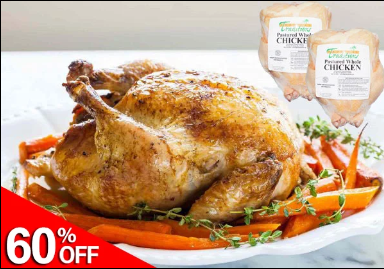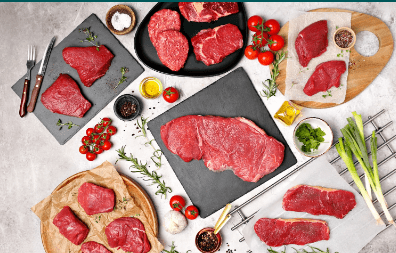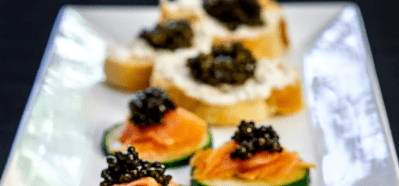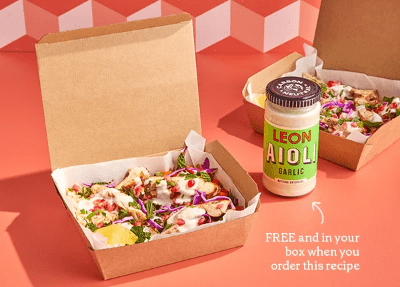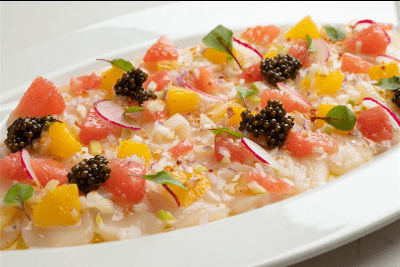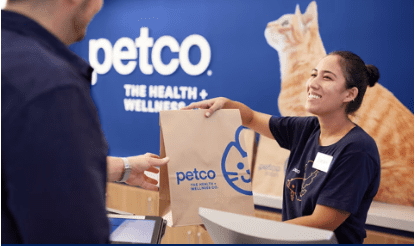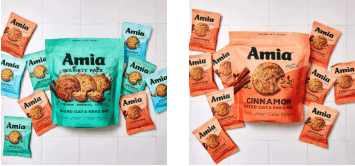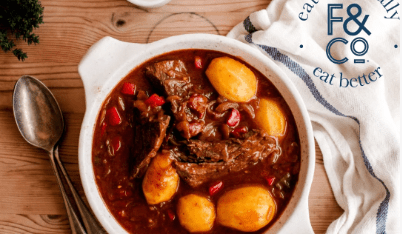This email was sent February 20, 2024 7:31pm
Healthy Traditions is currently offering a week-long sale with 60% off on various pastured chicken products, including Leg Quarters, Wings, Whole Chickens, and Soup Bones. Raised on soy-free and corn-free diets, these chickens are different from commercially produced or “free-range” options, as they are genuinely pasture-raised, fed a unique Cocofeed without soy or corn, and sourced from family farmers practicing traditional agriculture. This sale provides consumers with a healthier and more ethically sourced poultry option.
Email Text Version:
Check out all the fabulous deals we will be launching all
60% OFF Pastured Chicken Leg Quarters 1.9 lbs. per pack – Only $17.99 per pack! (Retail $45)
60% OFF Pastured Chicken Wings 10 wings per pack – Only $19.99 per pack! (Retail $50)
60% OFF Whole Pastured Chickens – 3.5 lbs. – 4.5 lbs. each
60% OFF Pastured Chicken Soup Bones 5 lbs. per pack – Only $25.99 per pack! (Retail $65)
What is Healthy Traditions Pastured Poultry?
Healthy Traditions pastured poultry chickens are raised on pasture (grass, sunshine, insects, etc.) and on a feed that contains no soy and no corn. In addition, we test the feed for pesticides and herbicides.
What makes Healthy Traditions Pastured Poultry different from other chickens?
1. Healthy Traditions Pastured Poultry are raised outdoors on pasture.
Commercially produced chickens are raised entirely indoors with tens of thousands of other chickens in close quarters. They typically never see the sun or pasture.
Organic or “Free Range” chickens also have no standard definition or industry guidelines for how long chickens must be outdoors on pasture, leaving the consumer very confused.
The USDA definition of “free-range” is rather vague. In order to label their meat and poultry “free-range or free-roaming,” “Producers must demonstrate to the Agency that the poultry has been allowed access to the outside.”
No mention of vegetation (pasture) is made.
Poultry producers themselves seem to have no common standards on what the term means. Some producers interpret “access to the outside” as a small pop-door (chicken door) on an end-wall of a 100 ft. long shed filled with un-caged birds moving about freely on a litter-covered floor.
Others feel they are compliant with the spirit of free-range if their birds are outside in the open air and under the sun; even if their “range” is simply bare dirt.
When it comes to the consumer’s perception of “free-range,” arguably the vision that “free-range” most often conjures is of a bird happily hunting and pecking in the grass in an open field. Because of the wholesomeness associated with the term “organic,” many consumers take for granted that all certified organic poultry raised for meat and eggs are raised outside on green pasture.
Sadly, this is not so. The term “free-range” is not even listed in the NOP (National Organic Program) “terms defined.”
They do give guidelines that say: “All organically raised animals must have access to the outdoors.
So when someone purchases poultry products labeled “free range” or “organic,” the birds may never have actually seen the light of day or green grass its entire life. Technically, they simply have to have a door out of their confinement, but they don’t have to necessarily walk through that door to meet the requirements.
2. Healthy Traditions pastured poultry are fed a chicken feed which contains no soy and no corn.
Cocofeed was a chicken-feed ration developed by Tropical Traditions in 2007 that contained coconut pulp as well as other high-quality natural ingredients. We were, to the best of our knowledge, the first company to develop a chicken feed that contained no so. (We no longer use coconut pulp.)
With the development of fast-growing ”broiler” factory chickens during modern times, soy has become a key ingredient in chicken feeds for the purpose of supplying a high concentration of protein to promote fast growth.
It is very difficult to find a chicken in the US market today that has not been fed high soy-based feeds. Even chickens advertised as “organic” or “free range” are almost always fed an organic mixture high in soybeans.
Research shows that chickens raised on a soy-based feed will have soy protein in their tissues.
Today, chickens sold by Healthy Traditions are fed a chicken feed that contains no soy and no corn, and that is tested for the presence of the herbicide glyphosate.
3. Healthy Traditions pastured poultry are raised by family farmers.
Healthy Traditions Pastured Poultry chickens are all raised by family farmers. These farmers run diversified farms practicing traditional agriculture.
They will rotate tracts of land with crops and other animals, or let it go fallow from time to time.
When a batch of chickens is raised on a piece of pasture, typically that pasture will not see chickens again for two or more years.
In the interval, crops may be grown in that pasture, or it may go fallow allowing grass to grow, die, and decompose so that the soil is kept in balance and not contaminated from too much chicken manure.
So when you buy Healthy Traditions pastured poultry, you are supporting small-scale family farmers and by-passing the system that produces the conventional “factory chicken.”
Email Key Summary:
- 60% OFF Sale: Pastured Chicken Leg Quarters at $17.99 per pack (Retail $45).
- 60% OFF Sale: Pastured Chicken Wings at $19.99 per pack (Retail $50).
- 60% OFF Sale: Whole Pastured Chickens (3.5 lbs. – 4.5 lbs.) with options for different weights.
- 60% OFF Sale: Pastured Chicken Soup Bones at $25.99 per pack (Retail $65).
- Healthy Traditions Pastured Poultry: Raised outdoors on pasture, fed soy-free and corn-free Cocofeed, and sourced from family farmers.
- Differences from Others: No indoor confinement, no standard industry guidelines for “free-range,” and no common standards for organic or free-range labels.
- Cocofeed: Developed by Tropical Traditions in 2007, containing no soy or corn, and tested for glyphosate.
- Family Farmers: Raised by small-scale family farmers practicing traditional agriculture, promoting crop rotation and sustainable farming practices.

